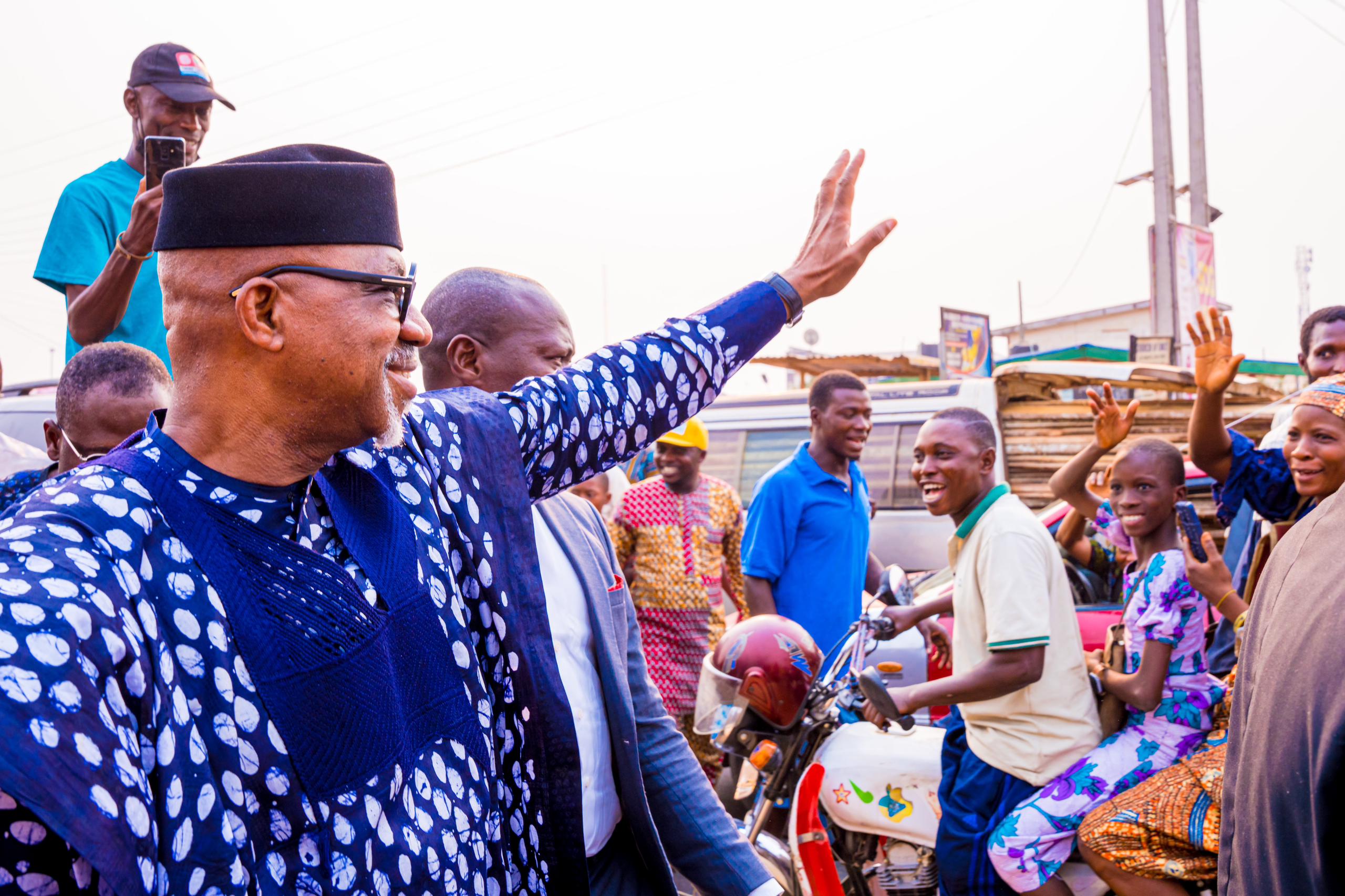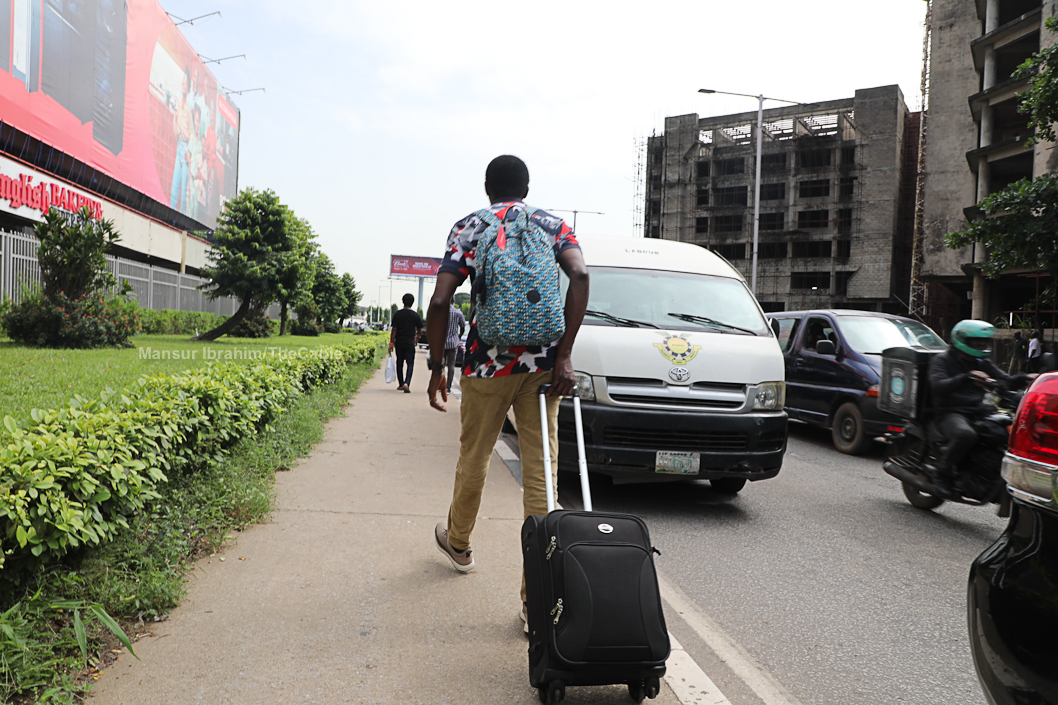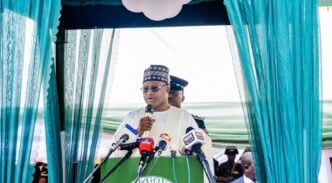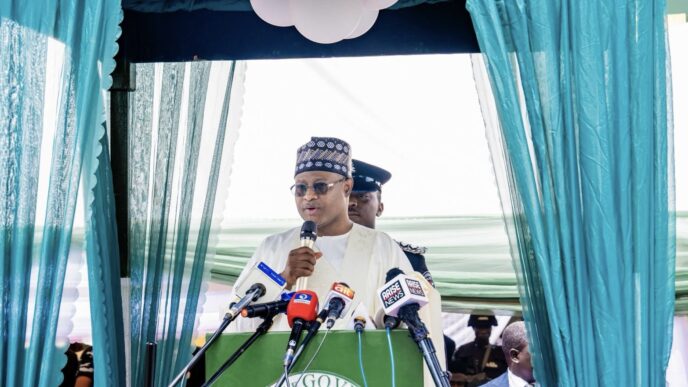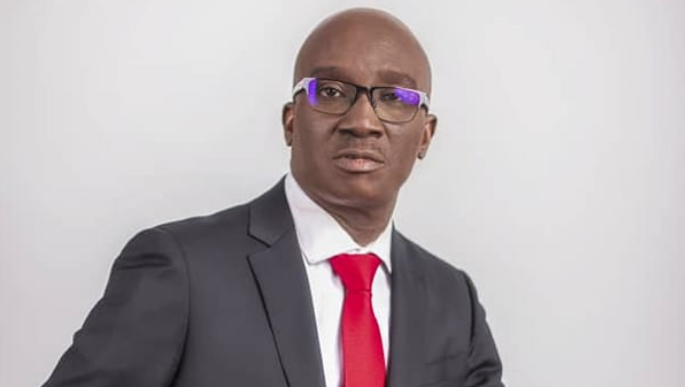BY MUHAMMAD AHMAD ILIASU
In May 2021, the federal executive council (FEC) approved a sum of ₦3.76 Billion as augmentation for the existing and ongoing expansion and completion of the Ɓagwai Irrigation Project on Watari Dam in the Bagwai local government area of Kano state.
The project was awarded to Messrs Ɗantata and Sawoe Construction Company Limited, mobilised in 2006 for an initial period of two years; the scope of work was a special irrigation scheme involving 872 hectares. The contract had been ongoing but ran into many problems and was suspended at some points due to lack of funding, thus the audit and the seeking for ₦3.76 billion augmentation, bringing the new contract sum to ₦9.2 billion from ₦5.4 billion, inclusive of 7.5 percent VAT, with an additional completion period of 24 months plus another 12 months liability period.
Additionally, the then minister of water resources, Sulaiman Adamu, told state house correspondents after the virtual FEC meeting presided over by former Vice President Yemi Osinbajo that “we hope that these projects will be implemented in earnest and hopefully, we will be able to get them completed by 2023 for the overall benefit of the people.’’
Advertisement
Unfortunately, as of today, November 9, 2024, the project hasn’t progressed any further and has been declared suspended by those who have close contact with the contractors, despite the open revelations made by the former minister of water resources in 2021.
Revealed in a WhatsApp conversation between a stakeholder in the Ɗantata and Sawoe company and one of the farmers desperately praying for when the project will be revisited and completed, the alleged reason for the suspension of the irrigation project in Ɓagwai is the unprecedented instability in exchange rates.
In a fresh setback encountered by the Ɓagwai irrigation project once again, the augmentation, the stakeholder said, was approved when ₦398 was approximately exchanged for $1. But since then, the rate has astronomically risen to ₦448 for $1 in 2022, ₦638 for $1 in 2023, and ₦1,724 for $1 in 2024, respectively — making the exacerbation of the local currency the single most determining factor standing between the project and any identifiable progress. And if any activity was to resume, the federal government must revise the audit and account for the unprecedented change in the cost of the project.
Advertisement
Meanwhile, as the project hit another roadblock, the hardworking farmers, who might have no acumen to grasp the causes frustrating their industry, have grown severely disturbed by their inability to utilise their farmlands, being the construction site of a long-suspended project. A significant number of them are subsistence farmers who rely on the place to feed their families. With another massive number being farmers who rely on the place to make a living.
The anticipation of the continuation of the project hindered most of the farmers from cultivating the farmlands because they don’t know when the project would resume, and they feared having their season interrupted. The condition of the farmlands, as caused by the start of the suspended canalisation, has rendered most of it uncultivable.
Most of the farmers have grown confused and fear that the Watari Dam Renovation project in Ɓagwai by the Kano state government in collaboration with the Islamic Development Bank, has taken the limelight away from the federal government’s expansion of the irrigation sectors, and has misled stakeholders into thinking it is ongoing too when indeed it is far away from being so. And they’re right to be concerned.
The euphoria surrounding the Watari Dam Renovation was subjected to over-flogging during the 2023 election campaigns and gubernatorial debates. Unintentionally, it distracted the public from the real ghost in the machine. Because very few people know that the projects are two separate, dissimilar ones.
Advertisement
The Kano state’s collaboration with Islamic Development Bank targets renovation of the Watari Dam, servicing the canals, and taking water to the farmlands. The federal government’s expansion targets increasing the irrigation sectors from six to eight: Sector One has 160 hectares, Sector Two has 168 hectares, Sector Three has 217 hectares, Sector Four has 72 hectares, Sector Five has 273 hectares, and Sector Eight has 73 hectares have all been completed.
It is Sector Six, which has 257 hectares, and Sector Seven, which has 343, whose work has sadly been suspended. All of these are scattered into meters that are owned by beleaguered subsistence farmers and small-scale producers. A group of people so determined and hardworking they get out of their skin to produce an incredible quantity of agricultural output.
It is estimated that each hectare produces 2.2 tons of maize or 3 tons of rice per farming season, and the irrigation system allows for 4 farming seasons annually. The monetary value of the agricultural output, assuming each hectare produces maize throughout the year, stands at ₦3.168 billion. And if all the hectares produce rice throughout the year, the estimate stands at ₦4.3 billion — which is a yield that’s far higher than what’s required to complete the project, all of which is being lost because the project hasn’t been completed, and worse yet, suspended.
The multiplier effect of the project, when completed, will cut across revenue generation, job creation, stimulation of the rural economy, food production, poultry and cattle herding, stimulation of rural infrastructure, and discouraging the rampant rural-urban migration.
Advertisement
In the end, it certainly aligns with President Bola Ahmed Tinubu’s Renewed Hope agenda that is focused on diversification of the economy and revenue generation, among others, through domestic production and self-sufficiency in food production, to revise, revisit, and ensure spinal projects like the suspended Ɓagwai Irrigation Project are completed. Failure to do that will not only leave beleaguered farmers in a desperate state but also mean a project of national importance is left to rot away without remorse for the massive taxpayer resources invested in it already.
I’m confident that such can never be the wish of the government under the watch of the president, Bola Ahmed Tinubu, the governor of Kano state, Abba Kabir Yusuf, the minister of agriculture and rural development, Abubakar Kyari, the minister of water resources, Joseph Utsev, the minister of budget and economic planning, Atiku Bagudu, and the senator representing Kano North in the red chamber, who happens to be the deputy senate president, Barau I. Jibrin, the member representing Ɓagwai and Shanono in the green chamber, Yusuf Badau, and the member representing Ɓagwai and Shanono in state house of assembly, Halilu Ibrahim Kundila.
Advertisement
MA Iliasu is an economist writing from Kano. He can be reached via his email at muhada102@gmail.com
Advertisement
Views expressed by contributors are strictly personal and not of TheCable.
Add a comment


